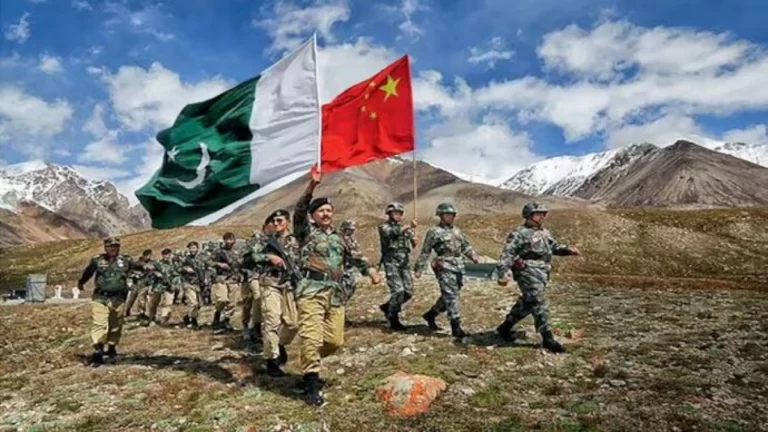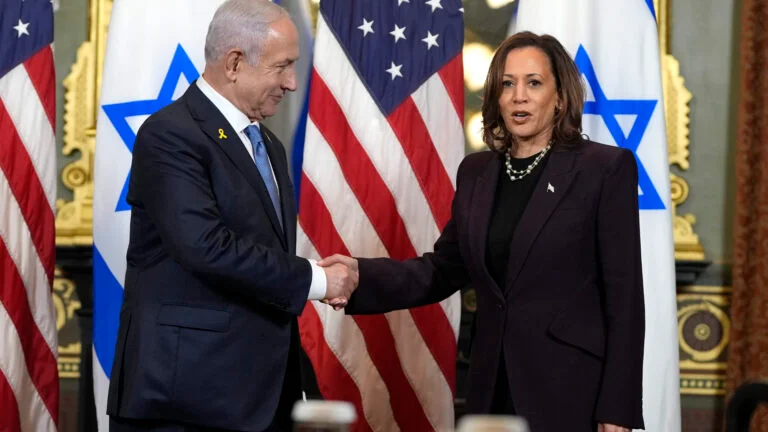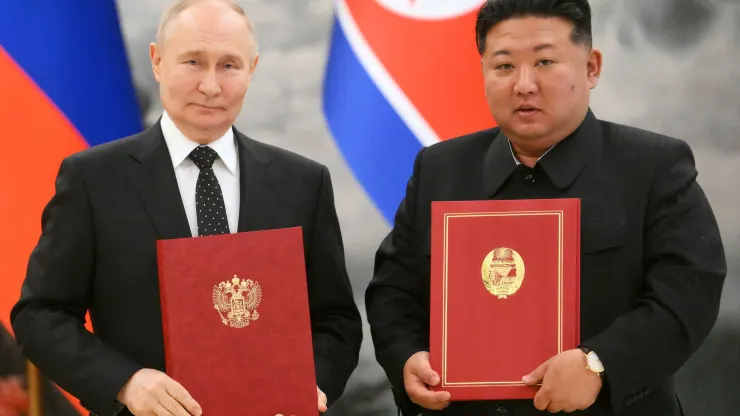Baluchistan, which borders Afghanistan and Iran, has long been plagued by insurgency, with groups like the BLA carrying out attacks in protest of what they consider state oppression and the exploitation of the region’s resources. These attacks have escalated since the Taliban’s takeover of Afghanistan in 2021, causing instability to spill over into Pakistan, particularly in Khyber Pakhtunkhwa and Baluchistan. According to the Pakistan Institute for Conflict and Security Studies (PICSS), Baluchistan witnessed at least 170 militant attacks in 2022 alone, resulting in the deaths of 151 civilians and 114 security personnel.
The recent attacks further compound Pakistan’s security challenges. Despite the country’s efforts, militant violence has surged across the region. In response to these latest attacks, security forces launched a retaliatory operation, killing 21 terrorists and injuring several others. The security crackdown underscores Pakistan’s renewed commitment to rooting out terrorism as part of its national counter-terrorism campaign, Operation Azm-e-Istehkam. This operation, approved by Pakistan’s federal cabinet in June 2023, represents an intensified effort to combat terrorism in response to the Central Apex Committee’s recommendations under the National Action Plan.
China, which has deep economic interests in Baluchistan due to its flagship China-Pakistan Economic Corridor (CPEC) projects, including the Gwadar port and a major gold and copper mine, expressed deep concern over the attacks. In addition to extending condolences, China reaffirmed its strong commitment to cooperating with Pakistan in counter-terrorism efforts. Lin Jian, a Chinese foreign ministry spokesperson, emphasized China’s stance against terrorism, stating that Beijing would continue to support Pakistan in enhancing security measures to safeguard regional peace and protect CPEC projects.
The United States also conveyed its grief over the loss of life, offering solidarity with Pakistan. In an official statement, the U.S. Embassy in Islamabad reaffirmed Washington’s commitment to standing “shoulder-to-shoulder” with Pakistan in the ongoing fight against terrorism. The European Union (EU) joined in denouncing the attacks, highlighting that terrorism and violence threaten the foundations of democracy. The EU’s spokesperson, Nabila Massrali, underscored the union’s support for Pakistan’s efforts to maintain peace. Similarly, Germany expressed concern about the escalating violence, extending solidarity to the victims and calling for the swift restoration of peace in the troubled region.
The attacks in Baluchistan are part of a broader trend of rising militancy in Pakistan. The country has witnessed an alarming increase in terrorist incidents, with the first half of 2023 alone recording 271 attacks nationwide, according to security officials. These attacks resulted in the deaths of 389 people, including 138 civilians, 139 security personnel, and 112 terrorists, as militants exploited gaps in security forces’ response. Baluchistan remains a hotspot, with frequent attacks targeting military convoys, police checkpoints, and Chinese-led development projects.
In the face of this increasing insurgency, Pakistan’s leadership has committed to bolstering counter-terrorism efforts. Operation Azm-e-Istehkam, launched as a revitalized national strategy, seeks to disrupt militant networks and enhance security cooperation with regional and international partners. However, the security situation remains precarious, with analysts warning that further instability in Afghanistan could exacerbate the militant threats spilling over into Pakistan, adding pressure on the nation’s already strained security apparatus.
The attacks have also put a spotlight on Pakistan’s complex relations with its neighbors and international allies. China’s investments in Baluchistan, particularly through the CPEC, make the province a crucial area for Beijing’s strategic interests. The recent surge in violence has raised concerns over the security of these projects, leading to increased Chinese involvement in Pakistan’s security architecture. Meanwhile, the United States, having long cooperated with Pakistan on counter-terrorism, remains a key ally in maintaining regional stability, though the geopolitical landscape has shifted since the U.S. withdrawal from Afghanistan.
Despite ongoing efforts, the road to peace and stability in Baluchistan remains fraught with challenges, with persistent threats from insurgent groups and broader geopolitical tensions complicating the situation. The international support from allies like China, the U.S., the EU, and Germany will continue to play a crucial role as Pakistan navigates these security challenges.





